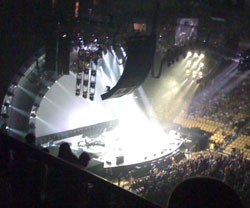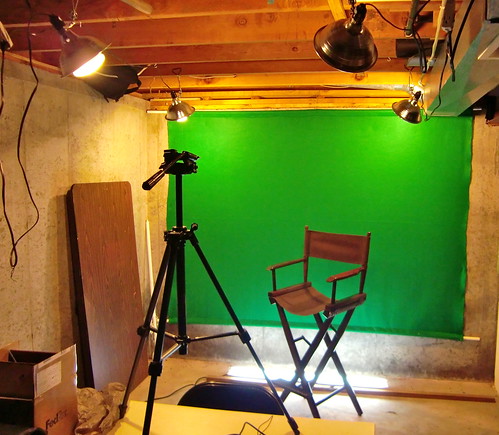I’ve never been worried about the future of news but I couldn’t quite imagine what it will look like as old business models stop working. Steve Berlin Johnson –speaking at the South by Southwest Interactive Festival in Austin last week– sees today’s media as “…closer to a real-world ecosystem in the way it circulates information than it is like the old industrial, top-down models of mass media.”
“So this is what the old-growth forests tell us: there is going to be more content, not less; more information, more analysis, more precision, a wider range of niches covered. You can see the process happening already in most of the major sections of the paper: tech, politics, finance, sports. Now I suppose it’s possible that somehow investigative or international reporting won’t thrive on its own in this new ecosystem, that we’ll look back in ten years and realize that most everything improved except for those two areas. But I think it’s just as possible that all this innovation elsewhere will free up the traditional media to focus on things like war reporting because they won’t need to pay for all the other content they’ve historically had to produce.”
And near the end of his speech, this warning:
“We’re going to spend so much time trying to figure out how to keep the old model on life support that we won’t be able to help invent a new model that actually might work better for everyone.”

 The Eagles provided the soundtrack for an important period in my life. Equally true, I assume, for others in the audience at last night’s Eagles concert. A lady sitting near us wasn’t born when the Eagles hit it big, but grew up listening with her parents.
The Eagles provided the soundtrack for an important period in my life. Equally true, I assume, for others in the audience at last night’s Eagles concert. A lady sitting near us wasn’t born when the Eagles hit it big, but grew up listening with her parents.